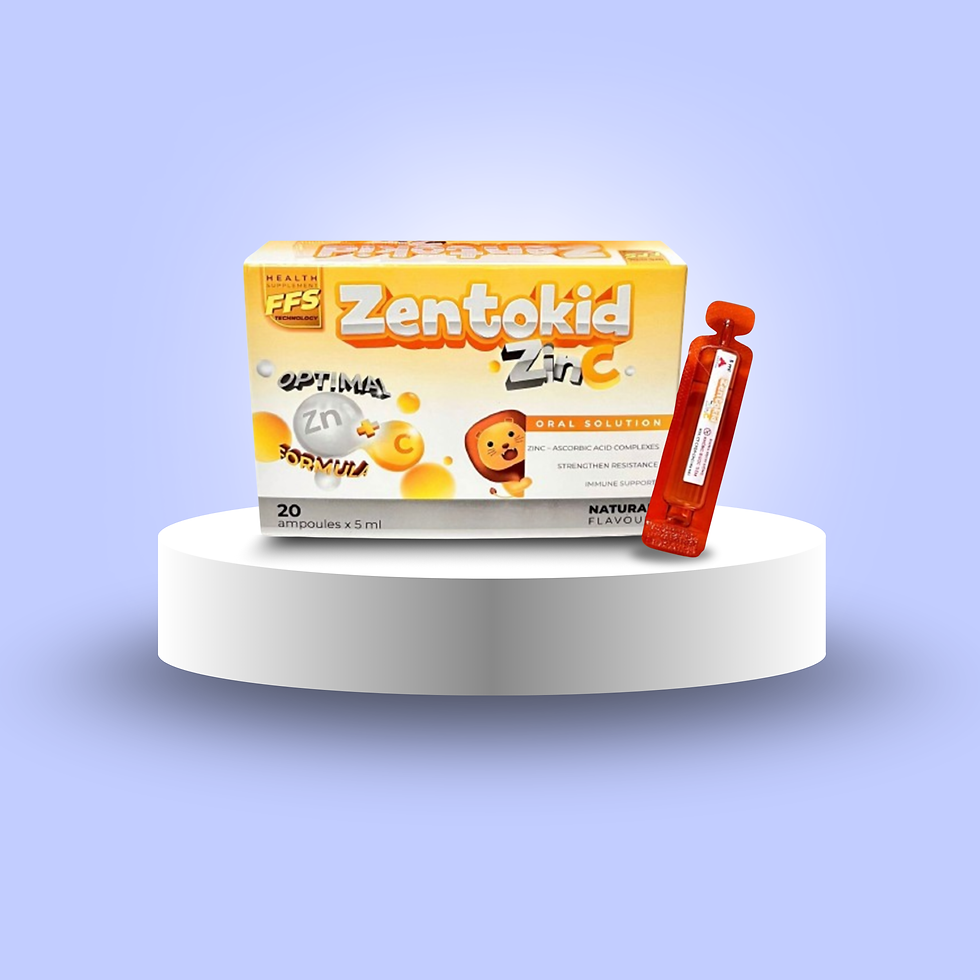Centramin (Dobutamine)
DOBUTAMINE (AS HYDROCHLORIDE)
50 mg/mL (250 mg/5 mL) Solution for Injection (IV)
Adrenergic Agent
An adrenergic agent for short-term inotropic support in cardiac decompensation. Centramin improves cardiac output rapidly with minimal effect on heart rate, making it ideal for critical care use.
SUMMARY:
Dobutamine is a beta-1 agonist used to treat cardiac decompensation in patients with organic heart disease or from cardiac surgery.
INDICATION:
Indicated when parenteral therapy is necessary for inotropic support in the short-term treatment of patients with cardiac decompensation due to depressed contractility resulting either from organic heart disease or from cardiac surgical procedures.
PHARMACODYNAMICS:
Absorption : Dobutamine is administered intravenously, leading to immediate absorption and onset of action.
Distribution : Dobutamine is widely distributed in the body, with a volume of distribution of approximately 0.5 to 1 L/kg.
Metabolism : It is primarily metabolized in the liver by catechol-O-methyltransferase (COMT) and other enzymes into inactive metabolites.
Elimination: The elimination half-life is approximately 2 minutes due to rapid clearance from the bloodstream.
Protein Binding: Dobutamine has a low protein binding rate, approximately 30-40%.
Half Life: The half-life of dobutamine is around 2 minutes.
MECHANISM OF ACTION:
Dobutamine is a synthetic catecholamine that primarily stimulates beta-1 adrenergic receptors, leading to increased myocardial contractility and stroke volume.
PHARMACODYNAMICS:
It enhances cardiac output without significantly increasing heart rate, and has mild vasodilatory effects.
CAUTIONS:
Use with caution in patients with arrhythmias, hypertrophic obstructive cardiomyopathy, and in those receiving monoamine oxidase inhibitors.
METHOD OF ADMINISTRATION:
Dobutamine is administered intravenously, typically via continuous infusion.
OVERDOSE AND TREATMENT:
Overdose can lead to tachycardia, hypertension, and arrhythmias. Treatment includes discontinuation of the drug and supportive measures.
IN PREGNANCY AND LACTATION:
Use in pregnancy should be considered only if the benefits outweigh the risks; safety during lactation is not well established.
TOXICITY:
Potential toxic effects include increased heart rate, hypertension, and myocardial ischemia.
DOSAGE AND ADMINISTRATIONS:
The typical initial dose is 2-20 mcg/kg/min, adjusted based on the patient’s response and clinical condition.
WHY CENTRAMIN?
- It provides rapid improvement in cardiac output with minimal increase in heart rate and has a relatively short duration of action.
- Dobutamine (CENTRAMIN) is preferred when there is a need to improve low cardiac output.






















